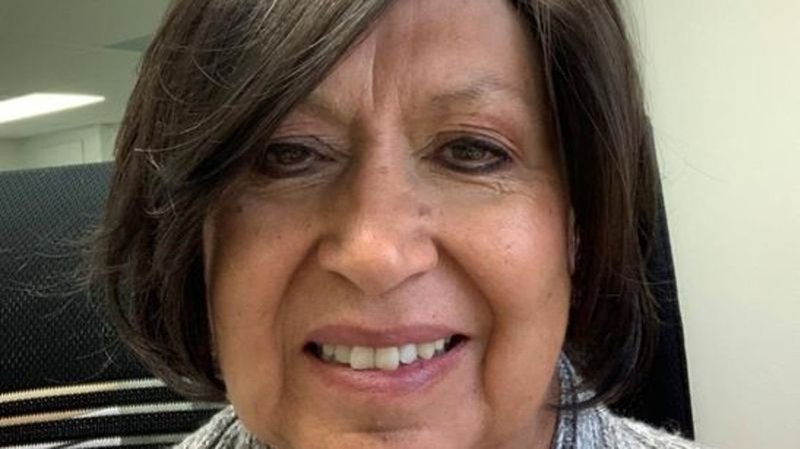
‘A personal journey’: People travelling great distances to see Pope Francis
Susan Enge will be thinking of her mother’s time in a residential school during the long journey south from the Northwest Territories to see Pope Francis in Alberta.
Her thoughts will linger on that legacy and the complexities of being Indigenous and Catholic during the eight-hour drive from her home in Fort Smith to Yellowknife, where she is to join a flight to Edmonton on Sunday.
“Being a strong Catholic, I think it’s important to forgive people for their wrongdoings,” she says.
“It’s a personal choice and a personal journey for everyone who is seeking healing from the Pope’s messaging.”
